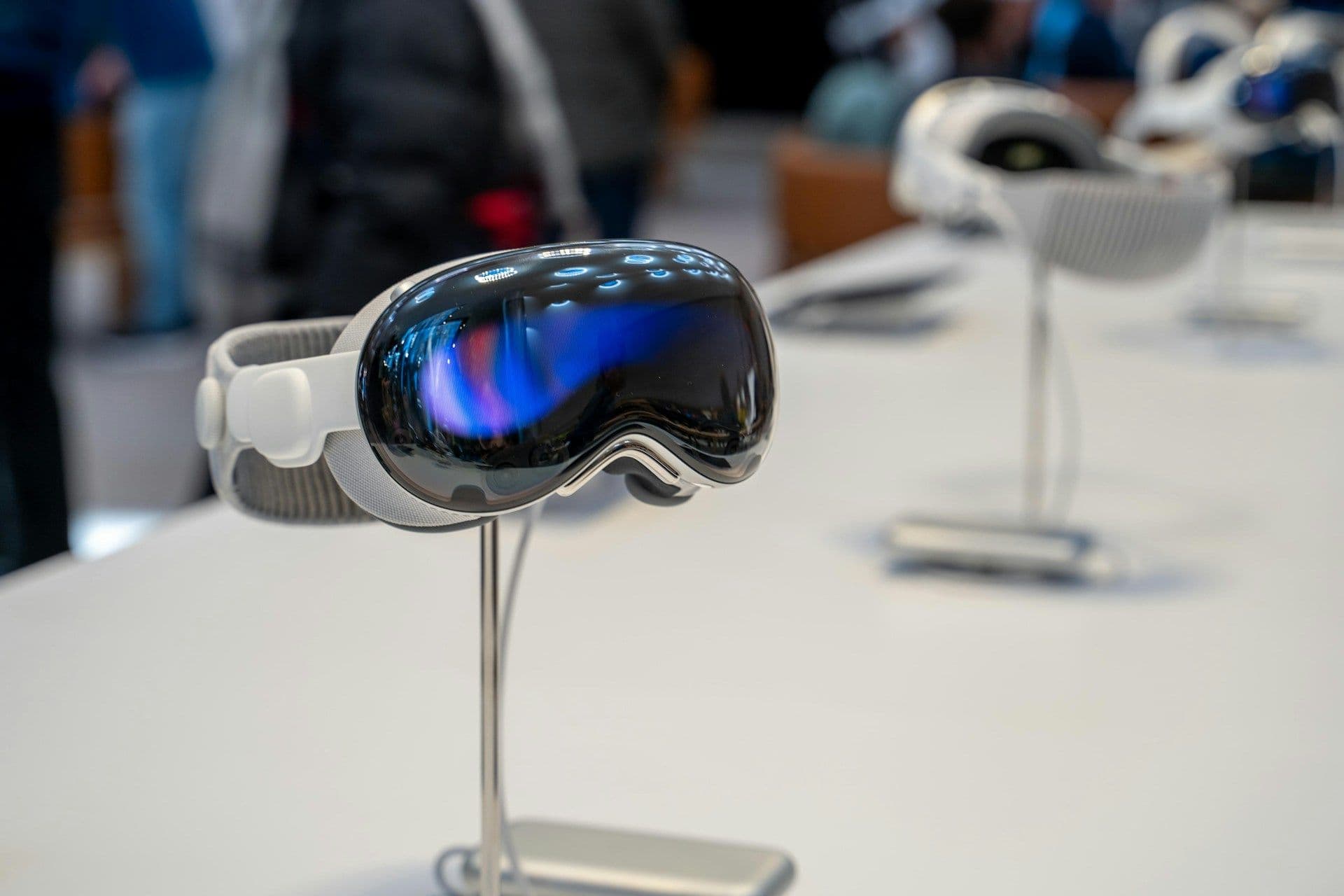The Apple Vision Pro has been trending following its February 2 US release. If some reports are to be believed, it's taken us a big step closer to an AR- and VR-centric future. (Yes, we know Apple are trying to avoid calling it a VR headset.) Others, however, have criticised the starting price of $3,500. Where do you stand in the debate? Has the future arrived or is the hype as inflated as the price tag?
To win this bounty, simply share your opinion below. We're looking for at least 50 words. Keep in mind that others may disagree with you, so please keep any discussion friendly and productive.
Task: Tell us what you think of the Apple Vision Pro
Format: Written or video
How to submit a written entry:
Hit the 'submit to this bounty' button just below this description - do not use the reply button unless you just want to comment on the thread, as replies will not be counted as entries!
Add a written response and feel free to include images.
How to submit a video entry:
Create your video and post it to your connected TikTok, YouTube or Instagram account.
In your post description, please tag us! We're @JustAbout__ on YouTube, @justaboutcommunity on Instagram, and @justaboutcommunity on TikTok. We'd also love it if you included #JustAbout.
Hit the 'submit to this bounty' button just below this description - do not use the reply button unless you just want to comment on the thread, as replies will not be counted as entries!
Share a link to your post in the box that appears, then expand it so we can view the video on Just About.
Once the deadline closes, we’ll pick 12 submissions, award $2 to each of the winners, and may share them as curated content.
Disclaimer: Geographical and age restrictions apply. Please see our Terms of Use for more information on how bounties are created and rewarded on Just About. One reward available per member.
Take care not to breach copyright. Check our copyright policy before submitting.
Remember to link your social accounts before submitting multimedia assets!
Considering using AI to help? Think twice and first see our approach to AI content on Just About.
Image credit: Roméo A
Bounty Rewards
Reward closed
Created at . Page last updated at .
Deadline at .




